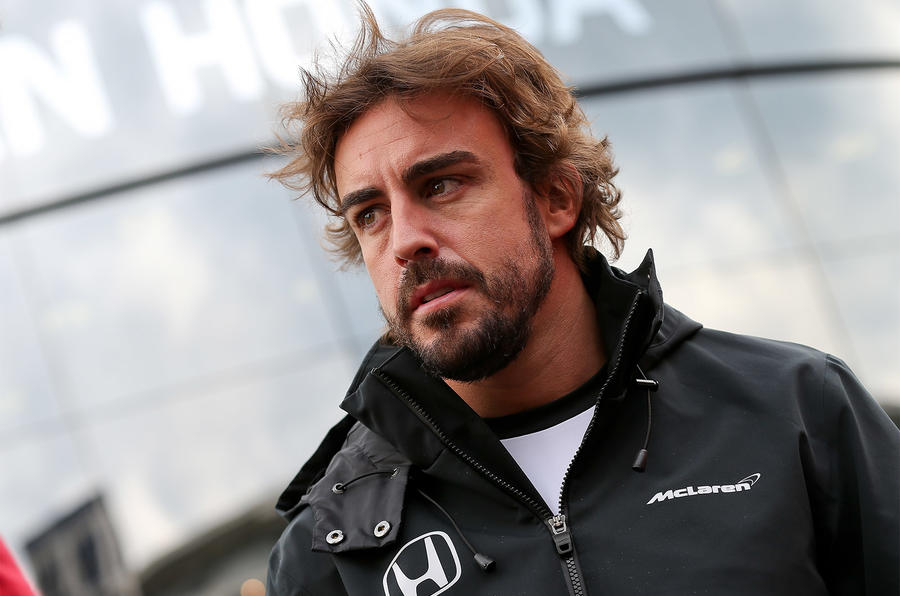When Fernando Alonso entered the 2017 Indianapolis 500, it caused a major stir. Not just because the double Formula 1 champion was driving in America’s biggest single-seater race, but because he skipped the Monaco Grand Prix to do so. Even with the blessing of his McLaren team, the idea of an F1 driver missing a race to compete in another category was unthinkable to many.
It wasn’t always that way. Back in 1965, Jim Clark skipped Monaco to tackle the Brickyard with Lotus. He scored the first Indy 500 win for a rear-engined car and still won that year’s F1 championship. Oh, and he also found time that year to take multiple race and class wins in Formula 2 and British Saloon Car Championship events.
In Clark’s era, drivers competing in multiple categories wasn’t unusual. In back-to-back weekends in 1968, Vic Elford won the Monte Carlo Rally and the Daytona 24 Hours. ‘Quick Vic’ also raced in F1 and Nascar during his career and won the first ever rallycross event – in a Porsche 911 borrowed from a showroom.
As motorsport has become ever more complex, more cash has flowed in from car makers and sponsors and calendars have swollen, so the days of drivers regularly competing in multiple categories have faded.
But that doesn’t mean that modern drivers don’t want to compete elsewhere, and in recent years there has been a growing trend of stars stepping back from top categories to try their hand elsewhere.
Kimi Räikkönen left F1 at the end of 2009 – just two years after he won the world title – to spend two years competing (and crashing) in the World Rally Championship and Nascar Truck events, before returning to F1 with Lotus in 2012.













Join the debate
Add your comment
The money is better now and 'ol Nige
Possibly. although as the money has become millions perhaps drivers no longer need to moonlight. I suspect the reason for these particular drivers choices are more to do with their age and "the place they have gotten to in their careers" than a general change. Despite that, Nigel Ernest James Mansell should get a mention as he did win F1 at @39 (1992)/ and Indy Cart in consecutive years at @40 (1993).
Switch jobs all together
How did this happen, former has been nearing 40 comes back to top team, probably with sponsers money, whilst someone like Perez is without seat. You could ditto this comment for Vettel, without the 40 bit as he was finished well before.
Switch jobs all together
How did this happen, former has been nearing 40 comes back to top team, probably with sponsers money, whilst someone like Perez is without seat. You could ditto this comment for Vettel, without the 40 bit as he was finished well before.